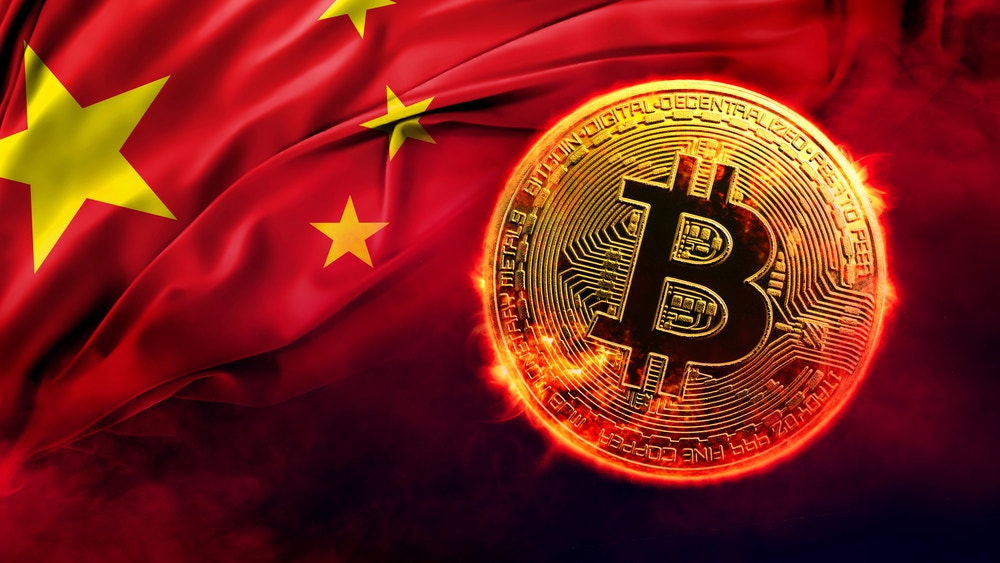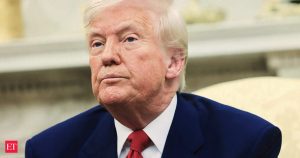-
Chinese officials are arguing for cryptocurrency regulations to deal with seized assets.
-
Despite a trading ban, Chinese local governments have reportedly been selling seized crypto assets through private companies.
-
While mainland China continues to uphold its cryptocurrency ban, Hong Kong is pushing to become a cryptocurrency hub.
Once the leading cryptocurrency trading and mining hub, China has long ceded its dominance to the U.S. following a series of suppressive regulatory measures, including a blanket ban in 2021.
Now, nearly four years later, the Asian economic giant may be considering a potential softening of its treatment of cryptocurrencies, but not for the reasons many would have anticipated.
Don’t Miss:
According to a Reuters report, Chinese law enforcement officials, lawyers and financial industry participants are pushing for some judicial recognition of cryptocurrencies as assets in a potential landmark shift for the country’s cryptocurrency industry.
The calls come as the country sees a spike in cryptocurrency asset seizures from criminal cases. The lack of clear rules on how to handle these seizures is raising corruption concerns.
So far, Chinese local governments have been selling these seized cryptocurrencies for cash through private firms to shore up their coffers amid an economic slowdown. Specifically, the assets are sold for U.S. dollars in foreign markets and converted into yuan by local banks before being transferred to local government accounts holding public funds.
Trending: It’s no wonder Jeff Bezos holds over $250 million in art — this alternative asset has outpaced the S&P 500 since 1995, delivering an average annual return of 11.4%. Here’s how everyday investors are getting started.
Using this method, a local technology company, Jiafenxiang, has sold over 3 billion yuan, or about $41 million, worth of cryptocurrency assets on behalf of three local governments, Xuzhou, Hua’an, and Taizhou, since 2018.
But most officials argue that current methods are inconsistent and opaque, with at least one expert arguing that the sales go against the country’s ban on crypto trading. In a January seminar on the issue, officials reportedly suggested everything from establishing clear guidelines to a strategic reserve like the Trump administration, all of which could be a boon for the industry by paving the way for greater adoption.







